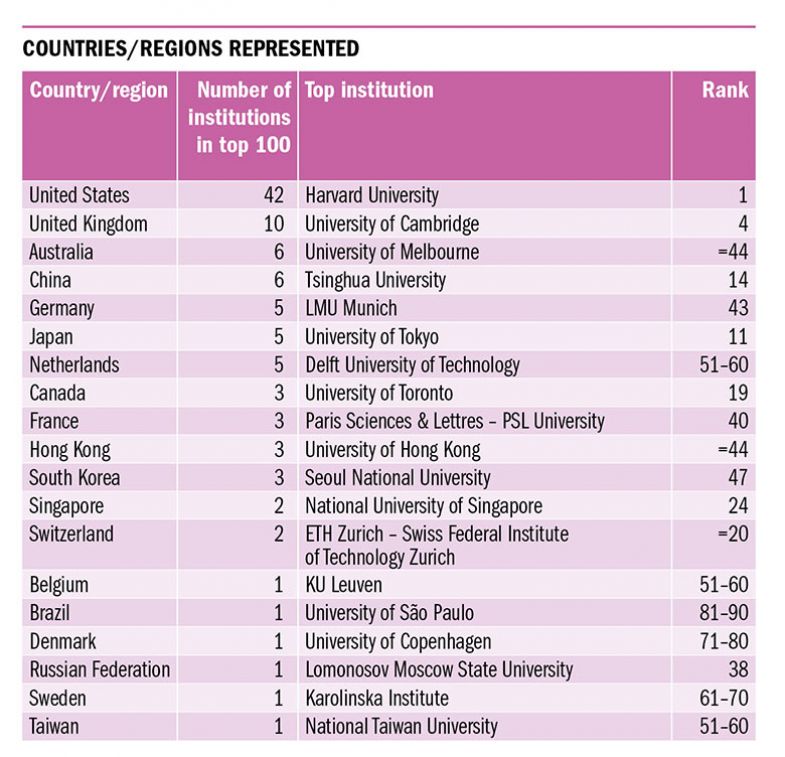Browse the full Times Higher Education World Reputation Rankings 2019 results
To which great global institutions should today’s universities look for inspiration as they navigate an uncertain and treacherous future? Plato’s Academy? Or perhaps the Mouseion and Great Library of Alexandria? How about the German discount supermarket chain Lidl?
When a UK business school dean wrote an opinion article in Times Higher Education earlier this year arguing that universities would do well to look to the retail sector for some strategic guidance, citing Lidl alongside Zara and Next, he was met with howls of outrage on Twitter.
“We should recognise that a non-profit sector that intrinsically exists to provide a social good should not be trivialising its contribution by trying to behave like a high street fashion retailer,” said one UK physics professor.
“Is it necessary to say that choosing where to spend three years of your life getting an education is not comparable to choosing where to do a week’s shopping, or buy one specific article of clothing? The fact that it is shows the level of absurdity to which we’ve fallen,” added one exasperated commentator.
“I thought this was satire when I first read it,” said another. “WTF” was one very succinct comment.
Of course, universities are rather dissimilar to high street retailers to say the least, and students are very much not consumers of education – they must be partners with universities in their own learning and development. But in making his provocative comparison with the high street, the dean had a serious point worth reflecting upon.
Lidl, Zara and Next, he pointed out, are “thriving among the chaos” of a messy, moribund high street, where many big names have already died. These three are players, he wrote, “delivering value and attracting consumers”. They have had very different routes to success, “but all share a strong brand identity, clarity of value proposition…and relentless use of data”.
Whether they like it or not, universities are indeed brands, and in a crowded and fiercely competitive market for talent, they need a clear brand identity. In an era of alarming populist attacks on the sector, and some genuine existential threats, universities also need to work hard to forge and articulate a clear value proposition. And, of course, a university cannot truly understand itself and its direction without an awful lot of data.
This might help explain why THE ’s annual Academic Reputation Survey, which fuels the THE World Reputation Rankings and contributes to one-third of the overall score for the flagship THE World University Rankings, has become such a vital global resource in higher education.
The 2019 survey attracted 11,554 responses from 135 countries – all senior published scholars who are true experts in their field and are selected at random to be statistically representative of their country (mapped against United Nations data) and of their specialist discipline.
The research not only helps THE to create this fascinating annual list of the world’s most prestigious university brands, but it also provides hundreds of thousands of detailed data points on the shifting academic perception of thousands of institutions across multiple geographies and disciplines, offering uniquely rich – and increasingly vital – insights.

Phil Baty is chief knowledge officer at Times Higher Education.
Register to continue
Why register?
- Registration is free and only takes a moment
- Once registered, you can read 3 articles a month
- Sign up for our newsletter
Subscribe
Or subscribe for unlimited access to:
- Unlimited access to news, views, insights & reviews
- Digital editions
- Digital access to THE’s university and college rankings analysis
Already registered or a current subscriber? Login







